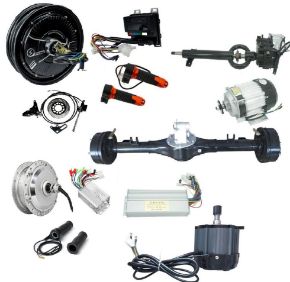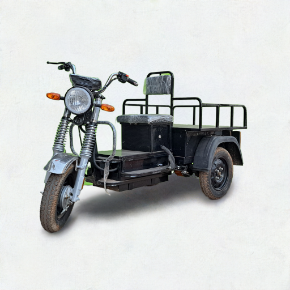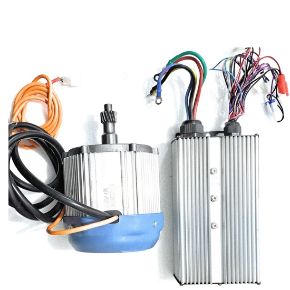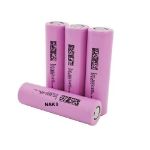Revamp Your Ride: A Comprehensive Guide to Converting Your Normal Cycle to an Electric Cycle with DIY E-Bike Kits
Introduction:
video at the end
Transforming your ordinary bicycle into a powerful electric cycle is an exhilarating DIY project that opens up a world of enhanced mobility. In this guide, we'll explore the step-by-step process of converting your regular bike into an electric wonder using an electric cycle conversion kit. Discover the key components, installation steps, and the joy of turning your daily commute into an electrifying adventure.
Chapter 1: Getting Started with Electric Cycle Kits
Electric Cycle Kit Essentials: Before you begin, it's crucial to choose the right electric cycle kit for your DIY project. Electric cycle kits typically include a motor, battery, controller, and other essential components. Consider factors like motor type, battery capacity, and control method when selecting your kit.
Chapter 2: Prepping Your Bicycle
Assessing Your Bike: Ensure your bicycle is in good condition and has enough space for the battery and motor. A well-maintained frame is crucial for a successful electric conversion.
Removing the Wheel: If you're opting for a hub motor, start by removing the front or rear wheel as instructed in the kit. Mid-drive motors may not require wheel replacement.
Chapter 3: Installing the Electric Cycle Motor
Choosing the Right Motor: Understand the difference between hub motors and mid-drive motors, and select the one that aligns with your preferences and bike design.
Securing the Motor: Follow the kit instructions to attach the motor securely, ensuring proper alignment for optimal performance.
Chapter 4: Integrating the Battery
Mounting the Battery: Find a suitable location on the frame to securely mount the lithium-ion battery. Pay attention to voltage and mounting options.
Connecting the Wiring: Follow the provided instructions to connect the wiring between the battery, motor, and controller. Ensure all connections are secure.
Chapter 5: Setting Up the Control System
Attaching the Controller: Position the controller close to the motor and connect it to the motor, battery, and any additional components. This is the brain that manages power flow.
Choosing Control Method: Decide whether you want a throttle for direct control or a pedal assist sensor for a more interactive riding experience.
Chapter 6: Testing and Adjusting
Checking Functionality: Before hitting the road, test your electric cycle in a safe area. Ensure the motor engages smoothly and check the functionality of the throttle or pedal assist system.
Adjusting Components: Fine-tune brakes, gears, and other components affected by the installation. Make any necessary adjustments for optimal performance.
Chapter 7: Completing the Transformation
Securing Loose Ends: Once satisfied with performance, secure any loose cables with ties or clips. Double-check all connections to guarantee a reliable setup.
Adhering to Regulations: Be aware of local regulations regarding e-bike conversions. Ensure your electric cycle complies with power limits, speed restrictions, and any other applicable rules.
Unboxing video :
Installation Video:
Conclusion:
Congratulations! You've successfully converted your normal cycle into an electric cycle, unlocking a new realm of possibilities for your daily rides. Embrace the joy of a smoother commute and the satisfaction of a DIY project well-executed.
Get ready to hit the streets with your newly transformed electric cycle, and enjoy the convenience and thrill of an electrified ride. Happy cycling!.jpg)











_500.jpeg)







